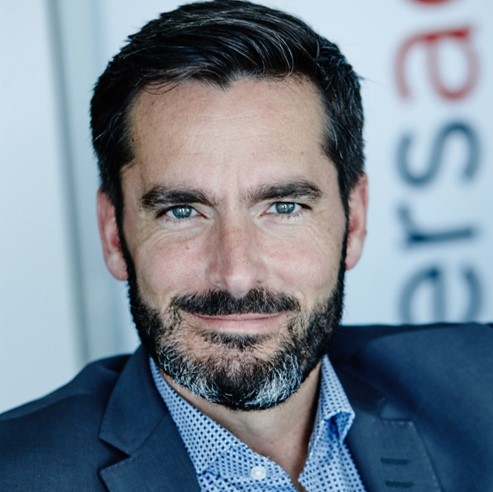MONTREAL– Inversago Pharma Inc. (“Inversago”), a clinical stage biotech company with a unique portfolio of peripherally-acting CB1 inverse agonists, has received FDA clearance of its Investigational New Drug (IND) application for a phase 2 study in Diabetic Kidney Disease (DKD) for INV-202, the Company’s lead program.
Inversago scientists identified Diabetic Kidney Disease as the most promising indication for a Phase 2 study, given its important unmet medical need. Such a study presents an opportunity to evaluate a comprehensive set of biomarker data in DKD that may also be relevant to a broad landscape of diabetic-related indications, including cardiometabolic and fibrotic complications.
INV-202, which is presently completing Phase 1b studies in patients with metabolic syndrome, showed a favorable profile in a first-in-human study, including safety and tolerability, oral absorption, and pharmacokinetics. It also demonstrated potential for decreased appetite, a relevant pharmacodynamic marker of early efficacy of Inversago’s lead program.
Dr. Glenn Crater, CMO at Inversago, stated: “This IND clearance is an important milestone for Inversago and marks the beginning of an important regulatory and clinical process in bringing a new therapeutic approach to patients suffering from Diabetic Kidney Disease.”
“We are excited to report this significant achievement for our first-in-class, peripherally-acting CB1 inverse agonist, which confirms our leadership in this field. We believe that CB1 blockers, such as INV-202, offer opportunities in multiple therapeutic areas,” added François Ravenelle, PhD, Chief Executive Officer of Inversago.
Inversago believes that peripheral CB1 blockade, either alone or in combination with other therapies, represents an opportunity to address the significant unmet medical need of DKD. As obesity, diabetes and their complications continue to affect more people around the world, the need for new therapies will only continue to grow.


